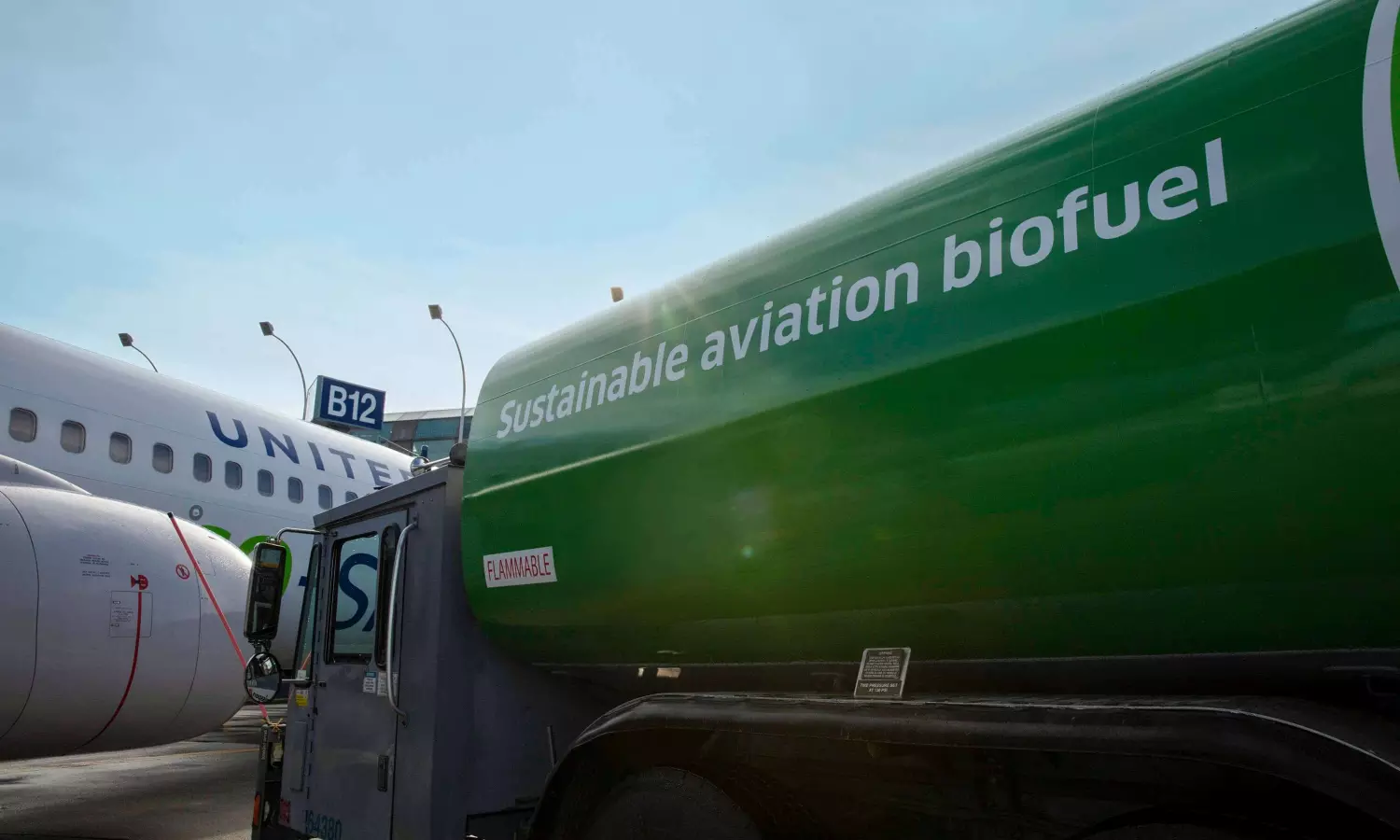South Africa has vast potential for SAF production: IATA
"It is a strategy for economic development and should be top priority for the government."

Representational photo
The International Air Transport Association (IATA) called on South Africa to mobilise its experience, resources and infrastructure to accelerate the development of sustainable aviation fuel (SAF) production.
The call came as government and industry officials gathered in Johannesburg for the IATA Wings of Change Focus Africa conference, says an official release.
“South Africa has vast potential to become a leading SAF producer in the region. And there is a waiting market for SAF as airlines work to achieve net zero carbon emissions by 2050," says Marie Owens Thomsen, Senior Vice President, Sustainability and Chief Economist, IATA. "More than a strategy in support of aviation’s decarbonisation, it is a strategy for economic development and should be a top priority for the new South African government. Across agriculture, energy and transportation, new jobs and industries are waiting to be created that would not only help fight poverty but also contribute to greater energy independence."
South Africa chaired the 2022 ICAO Assembly at which governments agreed to a long-term goal aligned with the aviation industry’s net-zero carbon emissions by 2050 commitment, the release added. "The role of SAF in achieving this goal was emphasised by the ICAO CAAF/3 objective of a five percent average global reduction in aviation’s carbon emissions by 2030. As decarbonising aviation will require global collaboration, it is critical that global or regional stakeholders like states, development banks, industry, academia and other relevant parties bring forces together to help countries with SAF potential to develop their industry."
Thomsen adds: "“Airlines are ready and waiting to purchase SAF as evidenced by the fact that every drop of SAF produced has been purchased and used. But the production volumes are a minute fraction of what aviation needs. That’s why it is essential for governments of countries with production potential, such as South Africa, to embrace what is a unique win-win-win opportunity for economic development, energy transition and decarbonised air transportation."
IATA highlighted several advantages for South Africa in developing SAF production, which have also been noted by a study undertaken by World Wildlife Fund (WWF):
*Feedstock potential
*Significant production capacity
*Existing refinery infrastructure
*Experience; and
*Strategic geographic location
To capitalise on South Africa’s SAF potential, IATA has urged the government to adopt a strategic plan that should include four critical areas - industrial infrastructure, pooling resources, incentives for research and development (R&D), and investment in infrastructure.


